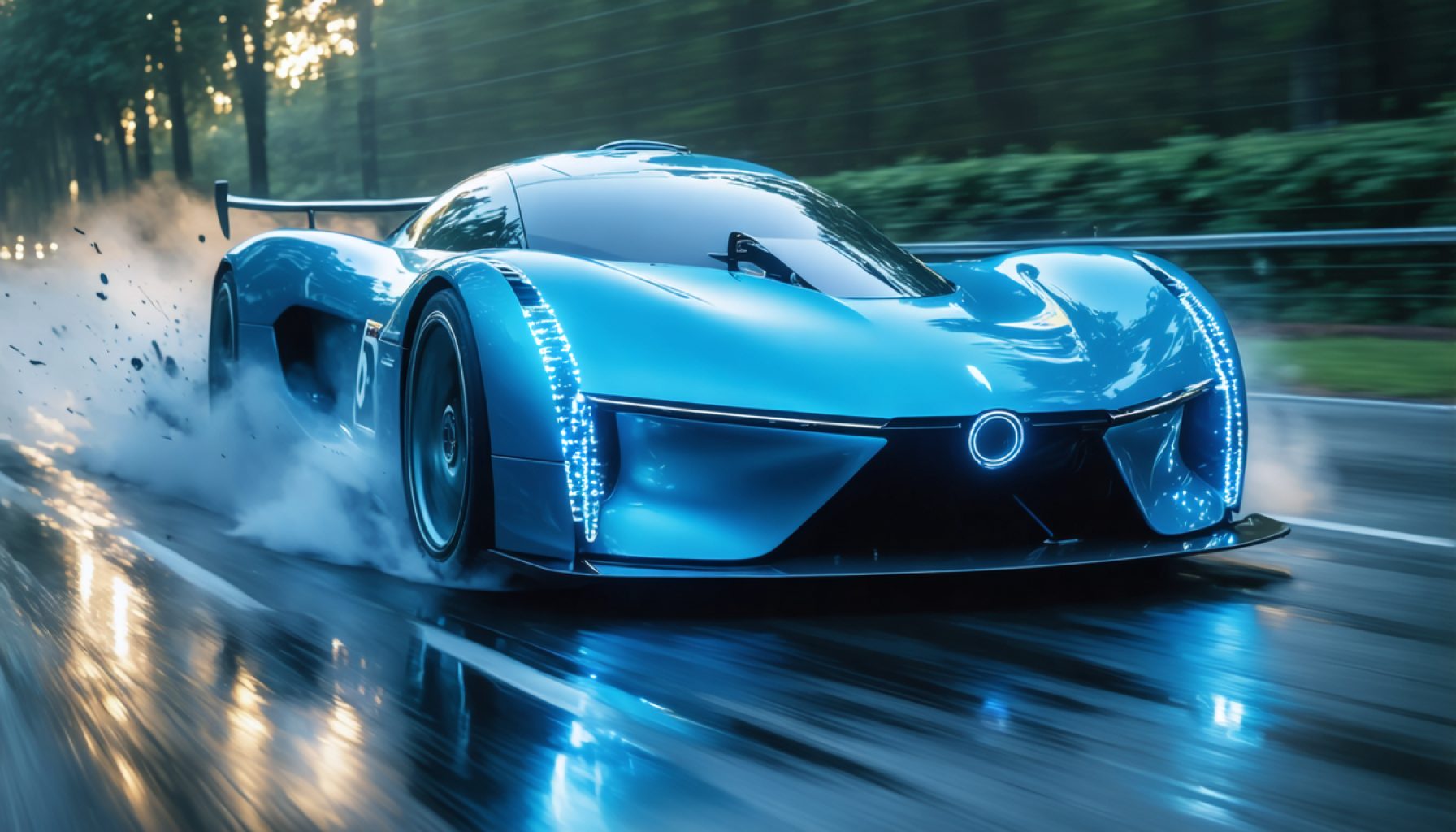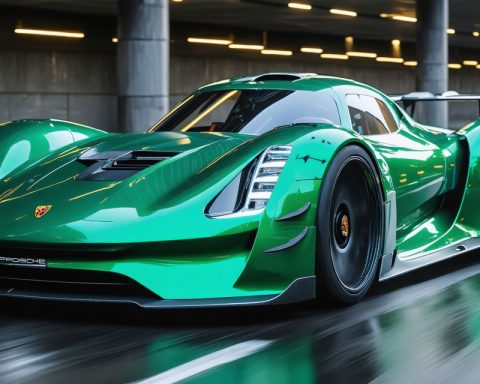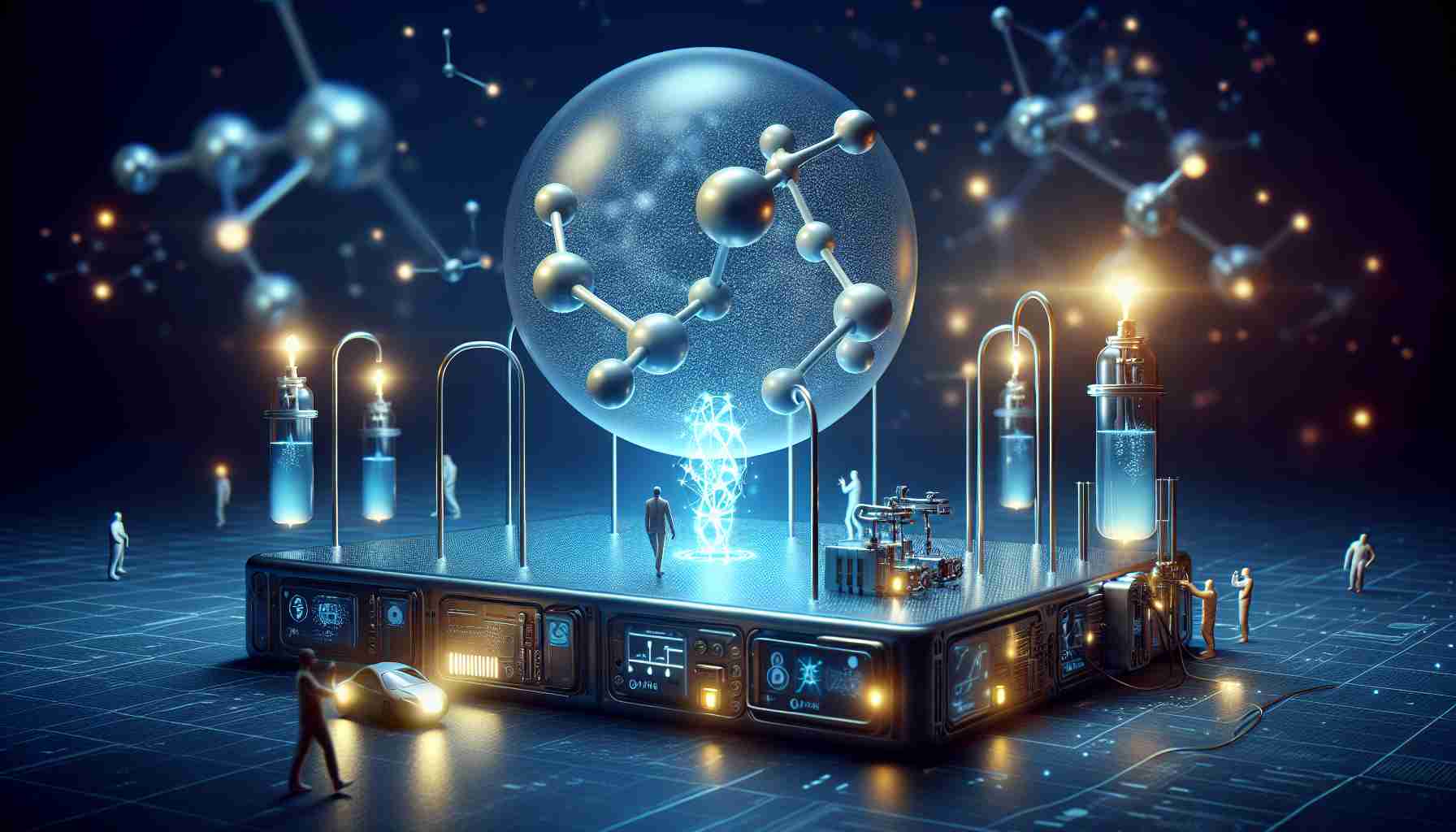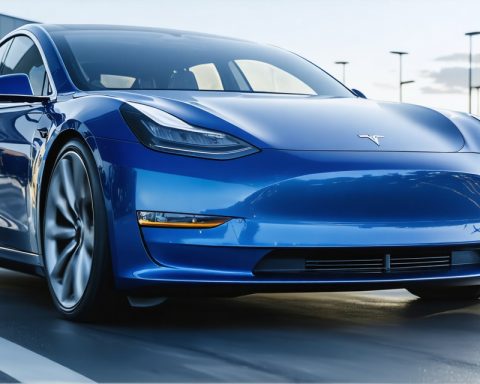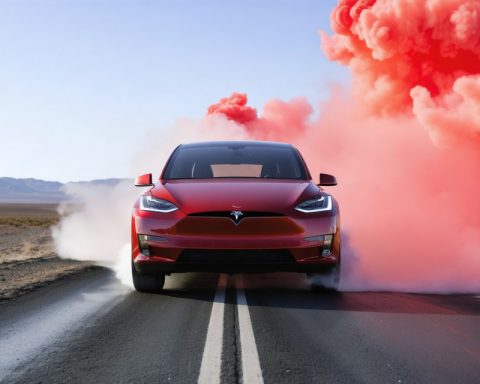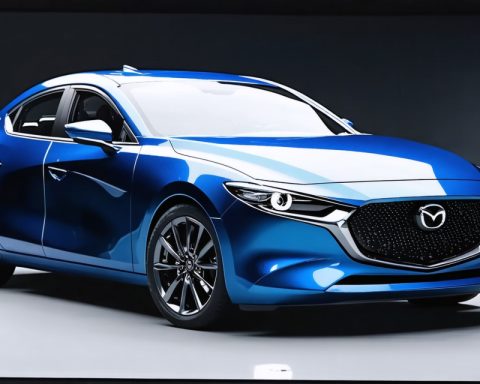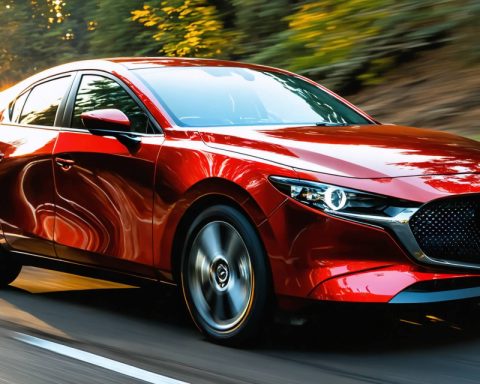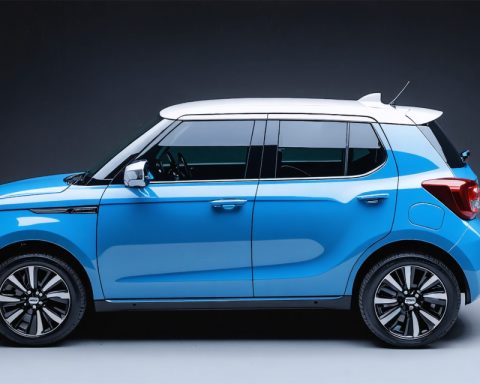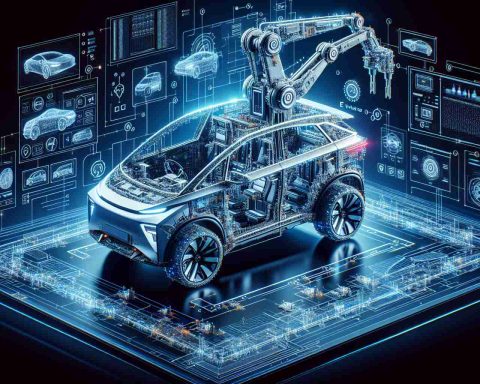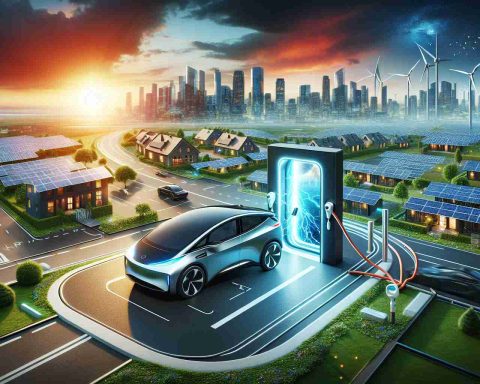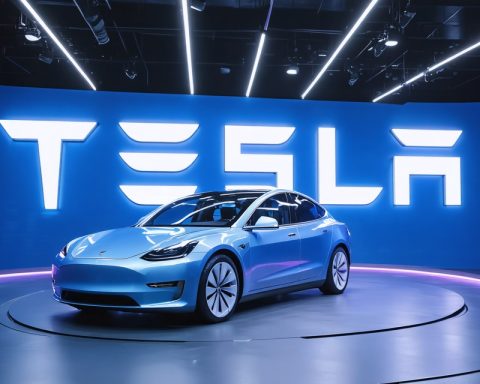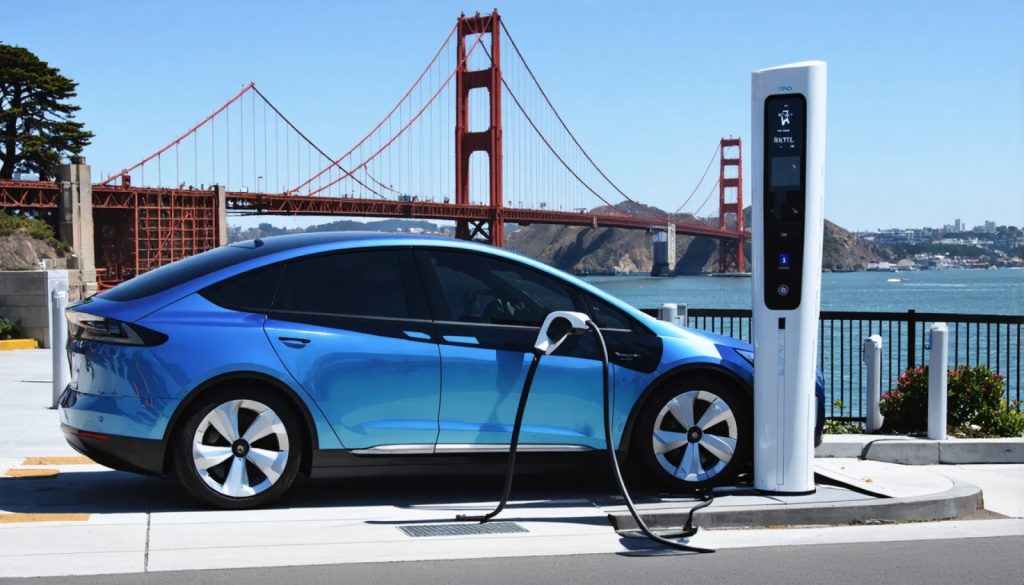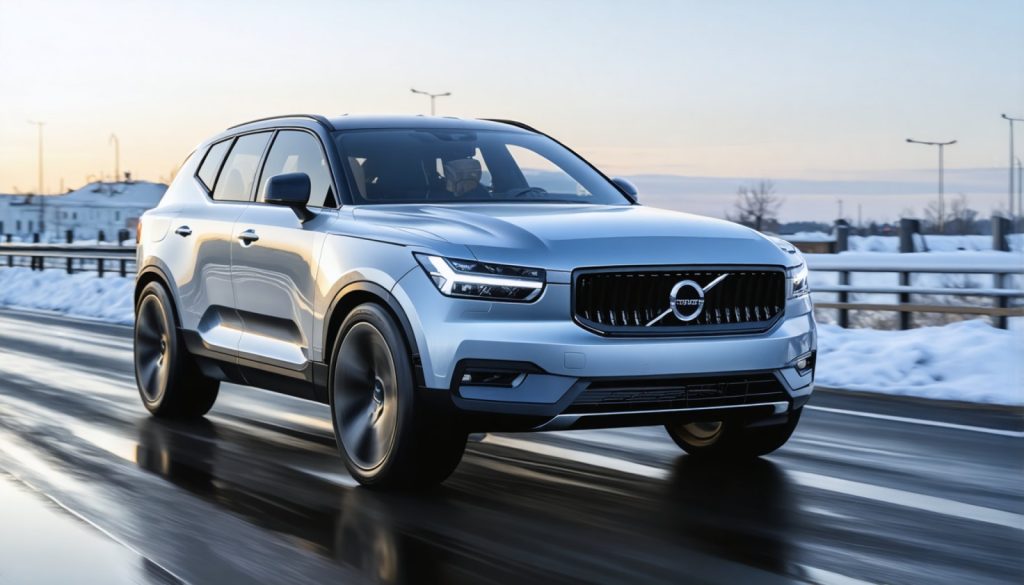- Toyota is pioneering a shift toward hydrogen-powered vehicles, offering an alternative to the dominant electric vehicle trend.
- The third-generation hydrogen fuel cell from Toyota boasts a range of approximately 770 kilometres, marking a significant technological advancement.
- Despite low hydrogen vehicle sales in 2024, Toyota is committed to a hydrogen-driven future, targeting mainstream integration by 2026.
- Hydrogen power extends beyond cars to trains, construction, and remote generators, offering versatile zero-emission solutions.
- The primary challenge remains the development of an extensive hydrogen refuelling infrastructure.
- Hydrogen fuel cells produce only water vapour as a byproduct, positioning them as an eco-friendly alternative to traditional energy sources.
- The narrative suggests that while electric vehicles lead the present sustainability charge, hydrogen could represent a transformative future leap.
The whisper-quiet corridors of Toyota’s research labs possess an electric charge of a different kind. While the world has become enamoured with electric vehicles, Toyota has quietly engineered an audacious reroute toward a hydrogen-powered future.
Beneath wind-swept sakura trees in Japan, Toyota’s vision is as bold as it is disruptive: hydrogen, not electricity, could steer us to the greener future. This new route isn’t a meandering curiosity. The third-generation hydrogen fuel cell by Toyota is slimmer, leaner, and heartily ambitious, offering a range of approximately 770 kilometres per tank. It’s a technological leap that demands both attention and applause. Think of it as the sleek hybrid of the modern automotive evolution—eco-friendly but without the tangible burden of long charging times.
While industry titans are engaged in an arms race for lithium’s most potent form, Toyota wagers its bets on hydrogen’s flames. In 2024, hydrogen vehicle sales slumped, signalling caution flags at first glance—only 1,778 units moved from showroom floors. Yet, Toyota embraces these figures with the steadfastness of a marathon runner who knows that endurance, not speed, secures the win. The brand envisions a hydrogen-paved future, intent on marrying its sophisticated technology with everyday reality by 2026.
Toyota’s rockets aren’t just pointed at cars. Hydrogen’s invisible hand is reaching construction, pulling trains into its embrace, and even powering remote generators. It fashions a bridge to those hinterlands where electric vehicles find friction. The alchemy of these fuel cells is genius in its simplicity: oxygen meets hydrogen, and the byproduct? Mere water vapour—a non-polluting whisper. It is zero-emissions answered in liquid eloquence.
Yet, a great enterprise isn’t without its hurdles. The infrastructure for hydrogen refuelling remains in its nascent stages, a scattered constellation that must converge into constellations of accessibility and convenience. Large-scale refuelling stations require not just capital but commitment to vision, a task Toyota seems uncannily prepared for.
As electric cars continue to whir through today’s cities, they have laid cobblestones toward sustainability. But could hydrogen, clean and brightly burning, mark the quantum leap forward? This quiet contender in the automotive world hints that while plug-ins keep us green today, tomorrow’s solutions might hinge on a different kind of charge—a commitment that fills tanks and sparks dreams. The road ahead beckons us to question not if we’ll journey further, but how.
Why Toyota’s Hydrogen Strategy Could Revolutionise the Automotive Industry
Toyota’s Hydrogen Fuel Cell Revolution: Unveiling the Future of Transportation
Toyota is making a bold move towards a hydrogen-powered future, a strategy that could revolutionise the automotive industry. While the global focus is predominantly on electric vehicles (EVs), Toyota’s innovative pursuit of hydrogen technology presents a viable alternative that offers several compelling benefits over traditional EVs. Below are some additional insights and considerations surrounding Toyota’s hydrogen initiatives.
Advantages of Hydrogen Fuel Cells
1. Extended Range and Quick Refuelling: Hydrogen vehicles like Toyota’s third-generation hydrogen fuel cell model offer an impressive range of approximately 770 kilometres per tank, significantly surpassing many EVs. Moreover, refuelling a hydrogen car takes only 3-5 minutes, comparable to petrol vehicles, and unlike the lengthy charge times associated with EVs.
2. Zero Emissions Technology: Hydrogen fuel cells generate electricity through a chemical reaction between hydrogen and oxygen, emitting only water vapour. This makes them one of the cleanest energy sources available, contributing substantially to environmental conservation efforts.
3. Versatile Applications: Beyond automobiles, Toyota is leveraging hydrogen technology in various sectors, including trains, construction equipment, and remote power generators. This diversification enhances hydrogen’s potential as a universal clean energy solution.
Challenges Facing Hydrogen Adoption
1. Infrastructure Limitations: The current infrastructure for hydrogen refuelling stations is inadequate, posing a significant barrier to widespread adoption. Investment in building a robust network of hydrogen stations is crucial for realising Toyota’s vision.
2. High Production Costs: Hydrogen production, especially green hydrogen derived from renewable sources, is currently expensive. Technological advancements and scale economies are necessary to reduce costs and make hydrogen a competitive alternative.
3. Market Perception: Consumer acceptance and market adoption remain challenges, as hydrogen technology is less understood compared to EVs. Education and awareness campaigns are crucial for increasing consumer interest and trust.
Toyota’s Long-Term Strategic Vision
Toyota’s commitment to hydrogen is part of a long-term strategy aimed at achieving carbon neutrality and supporting diverse energy solutions. By 2026, Toyota plans to seamlessly integrate its hydrogen technology into everyday life, potentially altering the landscape of the automotive industry and beyond.
Real-World Use Cases and Market Trends
– Public Transportation: Hydrogen fuel cell buses and trains are being piloted in several cities, offering sustainable public transportation options.
– Remote Power Generation: In areas where electric grids are unreliable, hydrogen generators provide consistent, clean power.
– Heavy-Duty Vehicles: The use of hydrogen in trucks and construction machinery is being explored due to its high energy density, which is suitable for heavy loads and long distances.
Frequently Asked Questions
Q: How does hydrogen compare to electric vehicles in terms of environmental impact?
A: While both hydrogen and electric vehicles offer zero tailpipe emissions, hydrogen fuel cells produce only water vapour as a byproduct. However, the environmental impact also depends on how the hydrogen is produced. Green hydrogen, produced using renewable energy, offers the lowest environmental footprint.
Q: What is the cost of hydrogen vehicles compared to electric vehicles?
A: Currently, hydrogen vehicles are generally more expensive than EVs due to higher production costs and limited infrastructure. However, as technology improves and infrastructure expands, prices are expected to become more competitive.
Actionable Recommendations
– Stay Informed: Keep abreast of developments in hydrogen technology and infrastructure, as advancements could influence vehicle purchasing decisions.
– Explore Local Initiatives: Investigate regional government programmes or incentives promoting hydrogen vehicle adoption and infrastructure development.
Conclusion
Toyota’s commitment to hydrogen technology represents a strategic move in the quest for sustainable transportation solutions. As infrastructure and technology continue to evolve, hydrogen has the potential to complement electric vehicles, offering diverse pathways to a zero-emission future. For more information on Toyota’s vision and innovations, visit Toyota.
